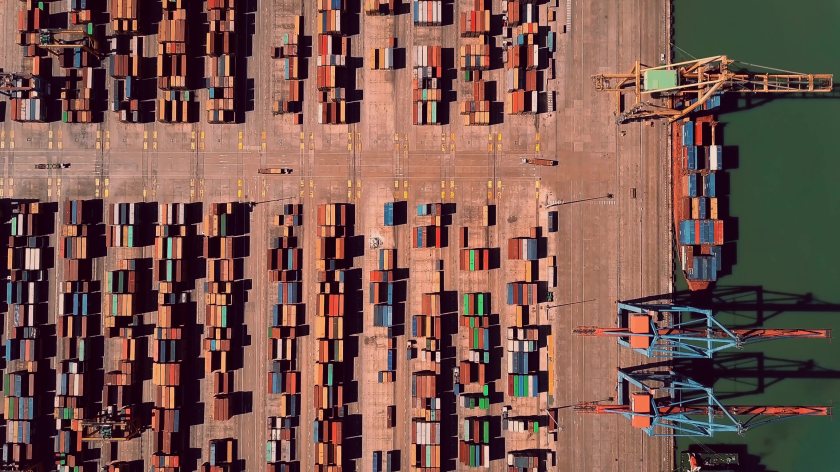
The fuel duty freeze has been welcomed by industry body Logistics UK, but warned that the 'huge tax grab' will stifle growth.
The group has expressed logistic businesses' mixed emotions about the new Labour government’s first Budget.
While the industry is 'reassured' by the freeze in fuel duty, the hike in National Insurance contributions from employers and higher business rates, amongst other tax rises, will be a 'real challenge' for a sector that operates on small margins.
In addition, there was a 'disappointing' lack of progress on the transport and energy infrastructure that will allow businesses to make the investments needed to drive economic growth.
Since the new government took office, Logistics UK has pressed to keep fuel duty down, to give logistics businesses headroom to invest and to manage inflationary pressures.
Logistics UK Chief Executive David Wells OBE comments, "It is therefore a significant victory for the logistics sector that our messages were heard by the government, as well as the Office of Budget Responsibility, which has acknowledged that rising fuel duty would impact inflation in the economy.
"But the huge increase in employment costs for businesses, primarily though employer NI, will have a damaging effect on the industry and its potential to drive growth across the whole economy.
"Increases in business rates, Vehicle Excise Duty and the HGV Road User Levy will also be hard for businesses to swallow.
"The logistics sector operates on very narrow margins - during the 12 months to the end of July 2024, more than 500 logistics businesses went bust and we are worried that the number of businesses that cease trading in the coming months will continue to accelerate due to these much higher costs.
"Nothing moves without Logistics - the efficiency of the logistics sector and productivity of the economy are completely intertwined, so any negative impact in our sector will be felt throughout the wider economy.
"This big tax grab from businesses risks being inflationary and stifling investment."
Mr Wells added: “The Chancellor also announced £100 billion in capital spending investment over the next five years and if this is directed towards the transport and energy infrastructure needed by our sector, this would improve its efficiency and boost UK productivity.
"However, our members will have to wait for the forthcoming Spending Review, Infrastructure Strategy and the final Industrial Strategy, to better understand the government’s plans.
“Maintaining the Plug-in Van Grant, and funding it by £120 million in 2025/26, is also good news for logistics businesses as ending this grant for the purchase of electric vans would have significantly increased the cost of the net zero transition.
“The extra £500 million announced for road improvements will be welcomed by businesses currently facing increasing maintenance bills as a result of damage caused by the state of the UK’s roads.
"But it is disappointing the government has delayed Road Investment Strategy 3 (RIS3) by a year to 2026/27 and cancelled several road projects on the Strategic Road Network.
"Government appraisal of schemes when assessing affordability needs to recognise the wider direct and non-direct economic value of enabling efficient supply chains.
"We have been calling for a long-term vision for improving the UK’s infrastructure for some time and this must start with the identification of the UK Logistics Network if our sector is to unlock the potential growth that everyone wants.”